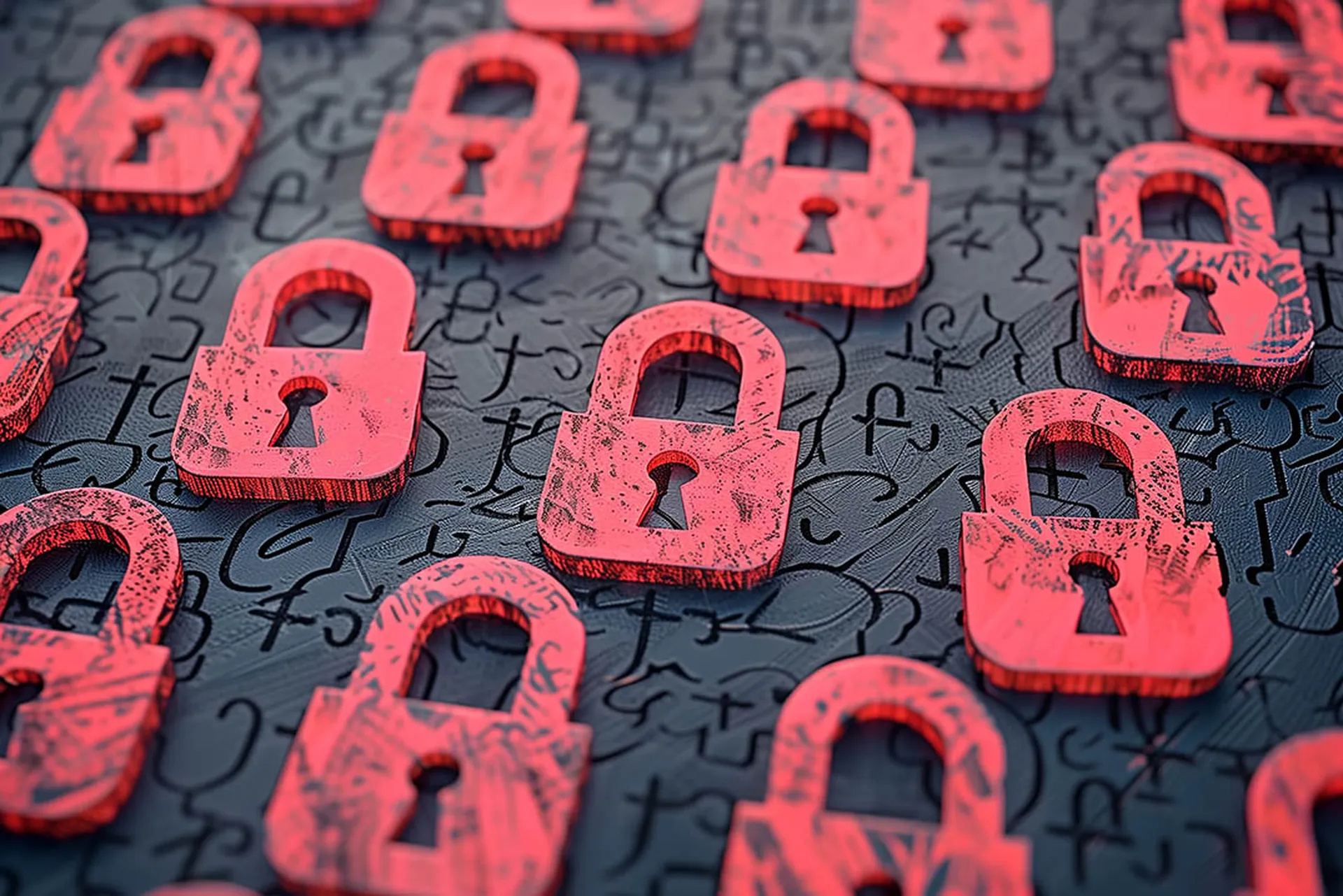A recent study conducted for Europol found that law enforcement may be able to deter teen cybercrime by using the same educational programs and tactics used to treat smoking and substance abuse.
The study found dopamine hormones can be released as youngsters derive pleasures from the taboo nature of hacking and that certain compulsive and impulsive aspects of the hacking warrant further investigation as to whether it is addictive, according to the BBC.
The report suggested that teen hackers would benefit from spending time with role models including rehabilitated cyber-offenders and from learning to acknowledge the damage that their acts can do to others.
Researchers also recommended that educators work to identify children with the highest potential for technological skills at a young age so that they can be "nurtured and rewarded" for using their talents to help others.



